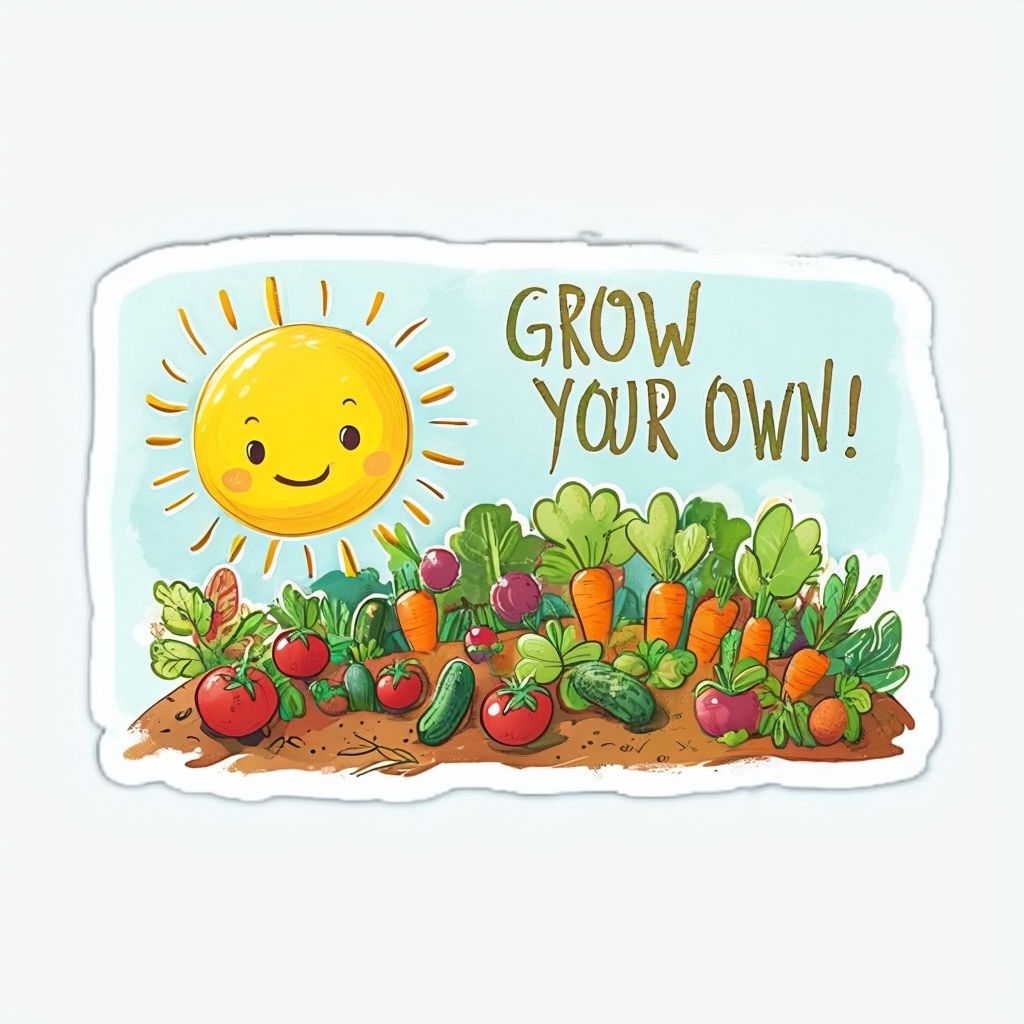
2. **Plant Physiology**: Spotlights on plant limits, similar to photosynthesis, breath, supplement take-up, and water rule.
3. **Plant Taxonomy**: The methodology and naming of plants contemplating shared characteristics and formative history.
4. **Ecology**: Sees how plants work together with their ceaseless situation and different living creatures, expecting parts in normal frameworks and biodiversity.
5. **Genetics**: Explores plant heredity and blend, including the appraisal of DNA, characteristics, and genetic planning in plants.
6. **Plant Pathology**: The appraisal of plant issues, including how they make, spread, and impact harvests and ordinary standard frameworks.
7. **Economic Botany**: Spotlights on plants with monetary purposes, for instance, those used for food, arrangement, materials, and invigorates.
8. **Ethnobotany**: Studies the relationship among plants and people, particularly standard data about plant use for food, arrangement, and customs.
9. **Paleobotany**: The evaluation of fossilized plants, sorting out plant progress and Earth's old biological factors.
10. **Horticulture and Agriculture**: Helpful inspirations driving natural science, focusing in on the improvement of plants for food, getting done, and obliging purposes.
Intrinsic science is imperative for understanding and seeing vegetation, which is head for supporting conditions and supporting human necessities for food, medicine, and oxygen.
